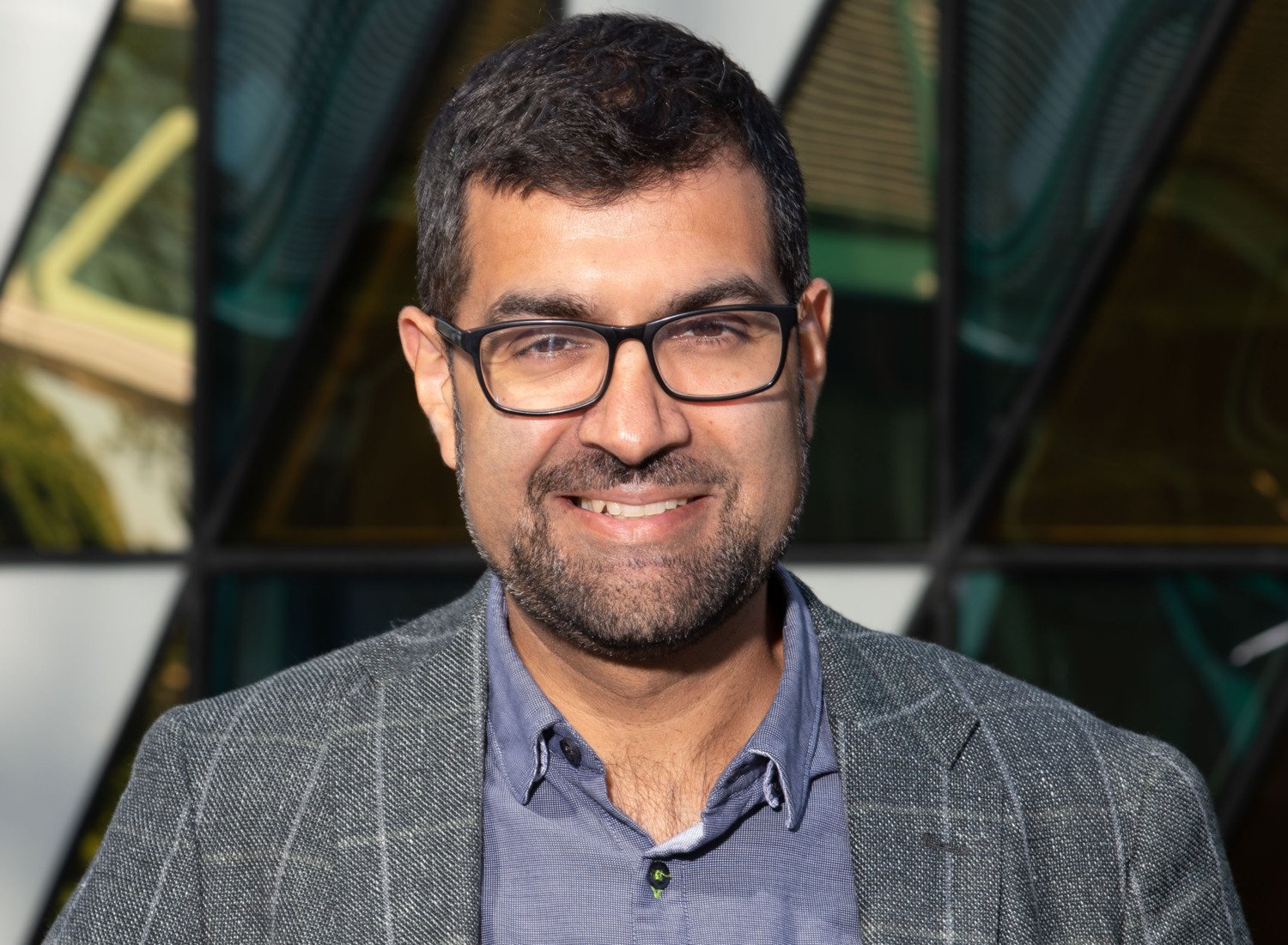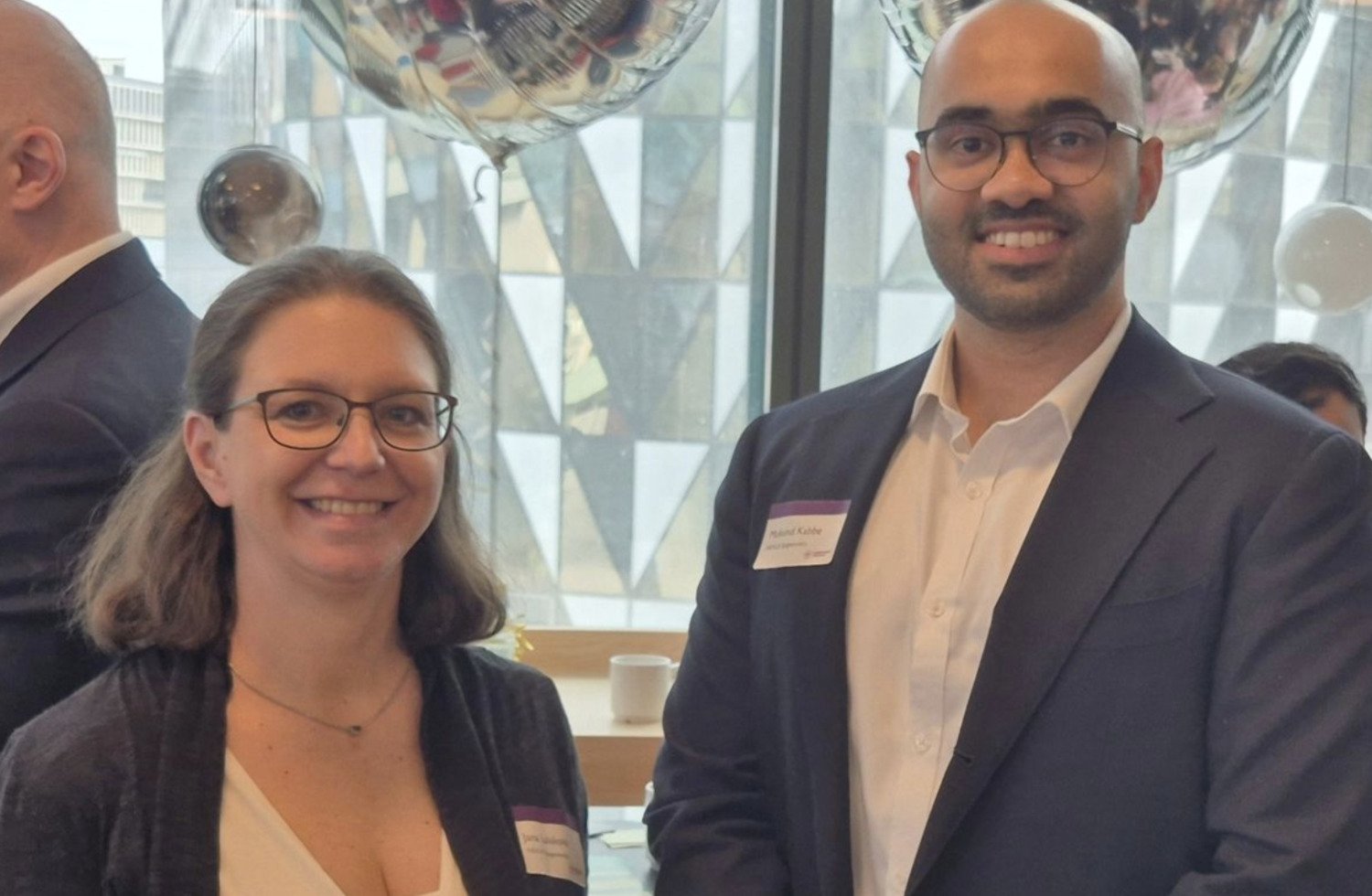Gonçalo Castelo-Branco awarded prestigious ERC Proof of Concept grant

Professor Gonçalo Castelo-Branco at the Department of Medical Biochemistry and Biophysics, KI, has been awarded the ERC Proof of Concept grant by the European Research Council (ERC). This grant will support the MeTLAND project, which could lead to a fundamental change in the field of epigenomics and personalised treatments for diseases such as cancer and multiple sclerosis. This is the third time Gonçalo Castelo-Branco has been awarded an ERC grant.
The ERC Proof of Concept grant focuses on translating scientific discoveries into real-world solutions, ensuring that innovative ideas can reach the market and benefit society.

“This milestone highlights the synergistic spirit and innovative environment in Stockholm, since this is a result of a collaboration between Karolinska Institutet, Stockholm University and a new biotech startup,” says Gonçalo Castelo-Branco, professor at the Department of Medical Biochemistry and Biophysics, KI, on receiving the ERC Proof of Concept grant for the MeTLAND project.
The MeTLAND project, led by Gonçalo Castelo-Branco, is based on a novel method for profiling DNA methylation.
Method that overcomes bottlenecks

The project is a collaboration between Gonçalo Castelo-Branco's lab, Dr. Marek Bartosovic’s research group at Stockholm University, and the biotech startup NEXUS Epigenomics, also based in Stockholm.
DNA methylation is a crucial epigenetic modification that regulates gene expression and is often altered in diseases such as cancer and multiple sclerosis (MS).
“While existing methods to measure DNA methylation are often expensive and incompatible with advanced applications like single-cell or spatial profiling, the MeTLAND method overcomes some of these bottlenecks,” says Gonçalo Castelo-Branco.

NEXUS Epigenomics, founded by Dr. Mukund Kabbe and Dr. Jana Lalakova, is incubated within KaroIinska Institutet Innovations and is supported with funding from KaroIinska Institutet Holding, Stockholm University Holding, and SEB. The project is set to begin in the fall of 2025.
Receiving the ERC Proof of Concept grant for the third time is a significant achievement .
“ERC is a flagship for excellence in science in Europe, so it is fantastic to receive their recognition and support for the third time,” says Gonçalo Castelo-Branco. “This grant will enable our team to continue developing epigenomic technologies and explore their commercial potential, together with our partners.”
He attributes much of his success to the research environment at Karolinska Institutet.
“KI in particular, and the Stockholm region in general, has an extraordinary critical mass on the development of single-cell and spatial omic technologies. Moreover, some of these technologies have been successfully developed into commercial products, which is also inspiring,” he summarises.
Support for demanding application process
The application process for the ERC Proof of Concept grant is rigorous, requiring not only strong scientific and technical feasibility but also a clear path to commercialization.
Professor Castelo-Branco appreciates the great support from KI’s Grant Office and in particular of Dr. Tamsin Lindström, scientific director at the department of Medical Biochemistry and Biophysics, during the preparation of the ERC application.
The partnership with NEXUS Epigenomics was important in shaping the commercialization strategy, aligning the project with unmet needs in the epigenomics field.
By the end of the funding period, the MeTLAND project aims to validate its method across different sample types and formats, generating robust data in various biological systems.
“The team also plans to explore the integration of MeTLAND with other epigenetic layers, such as histone modifications. Through collaboration with NEXUS Epigenomics, we hope to understand bottlenecks from a final user perspective,” Professor Castelo-Branco explains.
The ERC Proof of Concept grant is awarded as a lump sum of EUR 150,000 for a term of 18 months.
